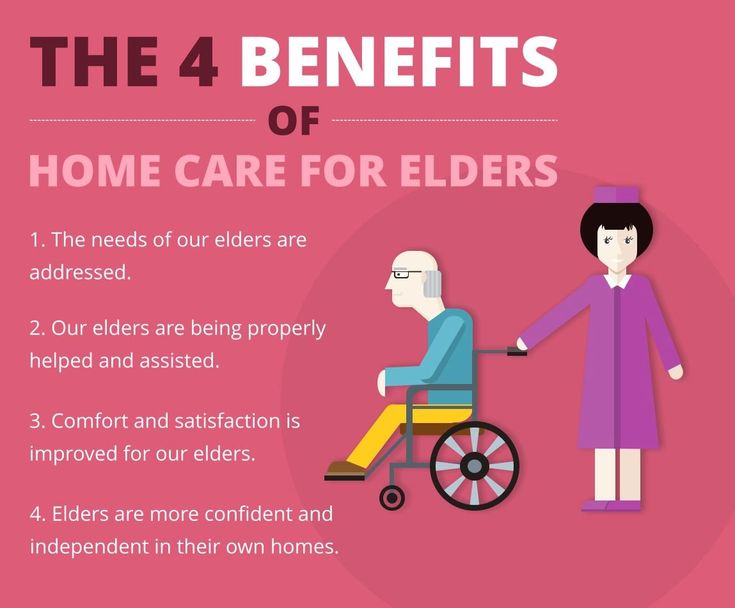Healthcare: Ensuring Optimal Well-being
One of the primary concerns for seniors is access to quality healthcare services. Fortunately, there are several benefits available to address this crucial need:
-
Medicare: This federal health insurance program provides essential coverage for individuals aged 65 and older, including hospital insurance (Part A), medical insurance (Part B), and prescription drug coverage (Part D). Medicare helps alleviate the financial burden of medical expenses, allowing seniors to prioritize their health without breaking the bank.
-
Medicare Savings Programs: These state-run initiatives assist eligible seniors with limited resources in paying for Medicare premiums, deductibles, and co-payments. By reducing out-of-pocket costs, these programs make healthcare more accessible and affordable for those on fixed incomes.
-
Medicaid: For seniors with limited financial means, Medicaid offers comprehensive coverage for a wide range of medical services, including doctor visits, hospital stays, and long-term care. Eligibility requirements vary by state, but this program can be a lifeline for those struggling to make ends meet.
Transportation: Maintaining Independence and Mobility
As we age, transportation can become a significant challenge, impacting our ability to attend appointments, run errands, and socialize. Fortunately, various benefits are available to help seniors maintain their independence and mobility:
-
Reduced Public Transportation Fares: Many cities and states offer discounted rates for seniors on public transportation services, such as buses, trains, and subways. These discounts can make traveling more affordable and accessible, allowing seniors to get around without breaking the bank.
-
Senior Transportation Services: Some communities provide specialized transportation services designed specifically for seniors. These services may include door-to-door rides, wheelchair-accessible vehicles, and assistance with boarding and exiting the vehicle.
-
Non-Emergency Medical Transportation: Medicaid and certain Medicare Advantage plans may cover non-emergency medical transportation to and from doctor appointments, ensuring that seniors can access the care they need without worrying about transportation barriers.
Housing Assistance: A Roof Over Every Head
Maintaining a safe and comfortable living environment is a top priority for seniors. Various housing assistance programs are available to help alleviate the financial burden and ensure that seniors have access to suitable housing options:
-
Rent Subsidies: Programs like Section 8 Housing Choice Vouchers and other rental assistance initiatives provide subsidies to help cover a portion of the rent for eligible seniors. This can make decent housing more affordable and accessible, particularly for those on fixed incomes.
-
Low-Income Housing: Communities across the country offer low-income housing options specifically designed for seniors. These developments often feature amenities and services tailored to the needs of older adults, such as on-site healthcare, social activities, and accessibility features.
-
Home Modification Assistance: Programs like the Older Americans Act and various state and local initiatives offer financial assistance for home modifications that improve accessibility and safety. These modifications can include the installation of ramps, grab bars, and other adaptive features, allowing seniors to age in place comfortably and safely.
Prescription Assistance: Ensuring Access to Vital Medications
Prescription drugs can be a significant expense for seniors, particularly those with chronic conditions or multiple medications. Fortunately, there are several programs available to help alleviate this financial burden:
-
Medicare Part D: This optional prescription drug coverage plan, offered through private insurance companies approved by Medicare, helps cover the cost of prescription medications for eligible beneficiaries.
-
State Pharmaceutical Assistance Programs (SPAPs): Many states offer assistance programs that help seniors pay for prescription drugs, either by providing direct subsidies or by supplementing Medicare Part D coverage.
-
Pharmaceutical Assistance Programs (PAPs): Many pharmaceutical companies offer assistance programs that provide free or discounted medications to eligible individuals who meet certain income requirements. These programs can be a valuable resource for seniors struggling to afford their prescriptions.
Food and Nutrition: Nourishing Body and Soul
Proper nutrition is essential for maintaining good health and overall well-being, but it can be a challenge for seniors on limited incomes. Fortunately, several programs are available to help ensure that our elders have access to nutritious meals:
-
Supplemental Nutrition Assistance Program (SNAP): Commonly referred to as food stamps, SNAP provides eligible low-income individuals and families with funds to purchase groceries. This program can be a lifeline for seniors struggling to afford healthy food options.
-
Congregate Meals Programs: Many communities offer congregate meal programs that provide hot, nutritious meals to seniors in group settings, such as community centers or senior centers. These programs not only nourish the body but also provide opportunities for social interaction and community engagement.
-
Home-Delivered Meals: For seniors who are homebound or have mobility limitations, programs like Meals on Wheels deliver hot, freshly prepared meals directly to their doorsteps. This service ensures that even those who cannot cook or shop for themselves can still access nutritious meals.
These are just a few examples of the many benefits available to seniors. It’s important to note that eligibility requirements and program details may vary by state and locality, so it’s always wise to consult with local agencies and organizations to explore the specific options available in your area.
Navigating the world of senior benefits can be overwhelming, but it’s a crucial step in ensuring that our elders can age with dignity, comfort, and access to the resources they need. By understanding and taking advantage of these invaluable benefits, we can help our seniors live their golden years to the fullest, surrounded by the care, support, and respect they deserve.
$5000 Help for Low Income Seniors | Social Security SSDI & SSI BENEFITS
FAQ
Is there really a $900 grocery stimulus for seniors?
Is Social Security giving seniors a grocery allowance?
Will senior citizens receive money from the government?

